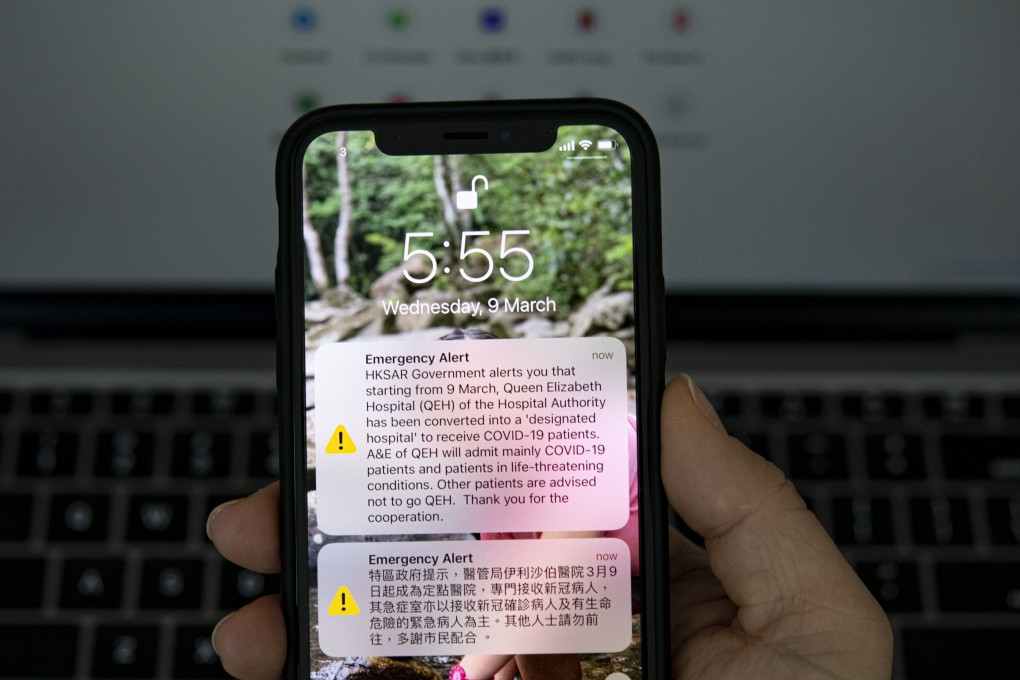Letters | Is Hong Kong’s emergency alert system a white elephant?
- Readers discuss the value proposition of the city’s HK$150 million emergency alert system, the return to post-pandemic normalcy, and the decision to resume quarantine-free travel between Hong Kong and the mainland

In the past, the government received help from local mobile network operators to send emergency text messages to the public pursuant to an agreement reached in 2008.
While the Finance Committee was told that the old system was used 12 times in the 12 months to February 2020, the lawmakers were perhaps not fully informed about the total usage of the system. According to the government’s response to our inquiry under the Code on Access to Information, the government used SMS to disseminate messages 13 times from 2019 to 2020 and 12 times from 2009 to 2010. The system was used once in 2021.
We wonder if the Legco Finance Committee would have responded differently if it had been told that the old system was used only 26 times in 14 years, including nine years when it was not used at all.
The main advantage of the new system is that an emergency message could be sent to the public within seconds whereas the old system would require four hours. Considering the ubiquity of instant messaging services and social media that can spread messages instantly, we urge the Legislative Council members to review the necessity of developing such an expensive system and be more vigilant when reviewing similar funding requests in future.
Kam Cheun Wong and Myron Lai, Kowloon Tong